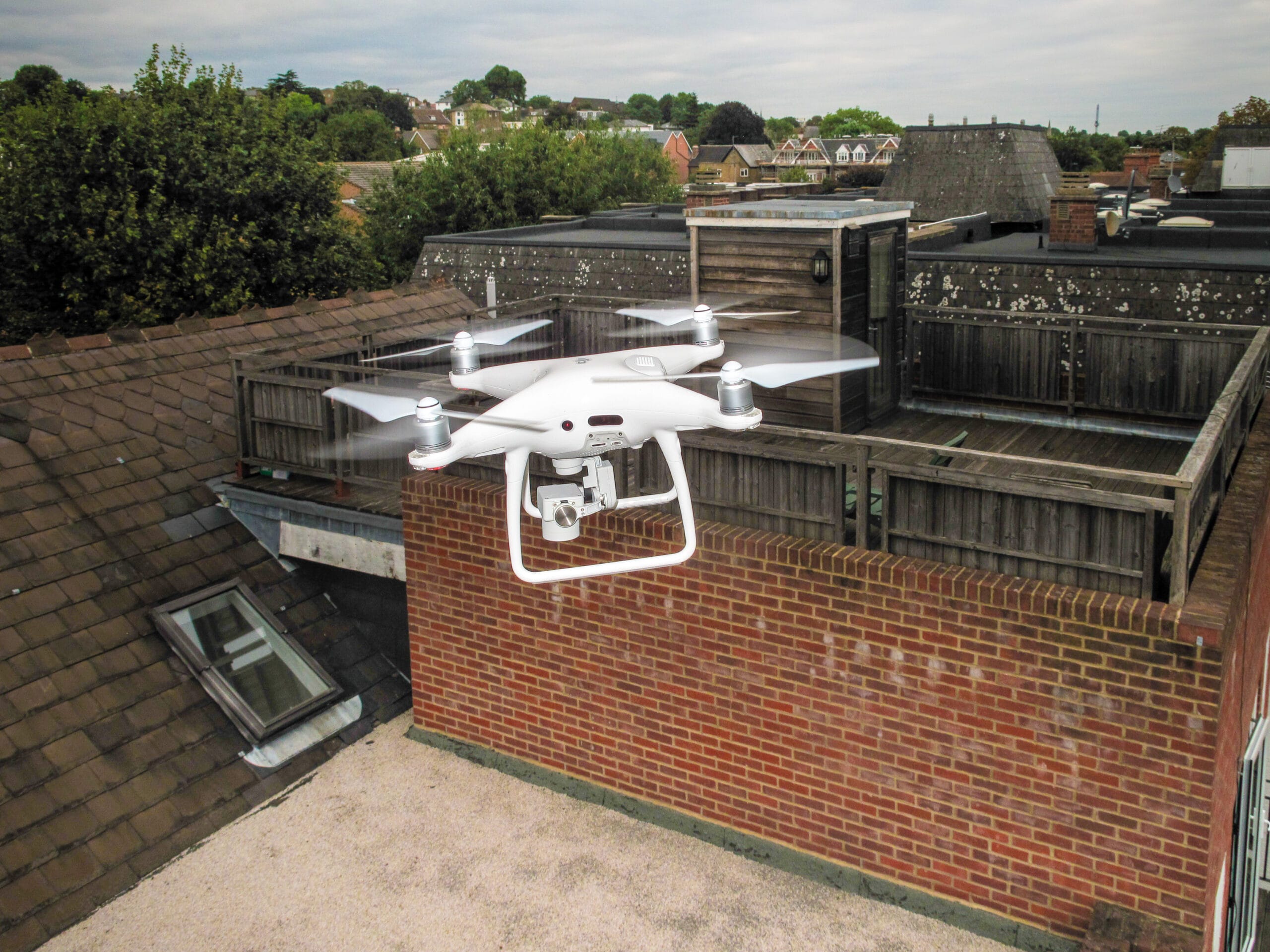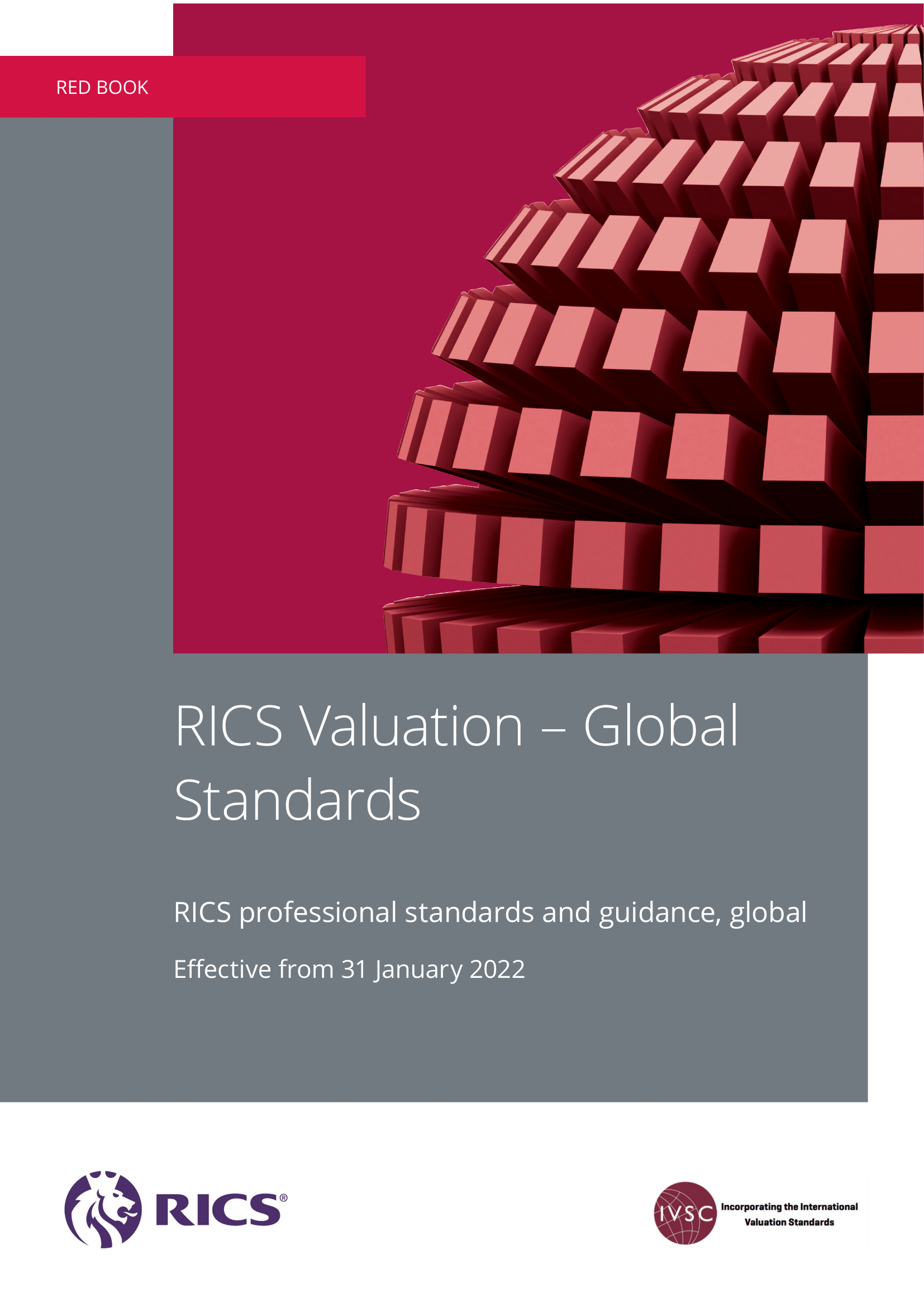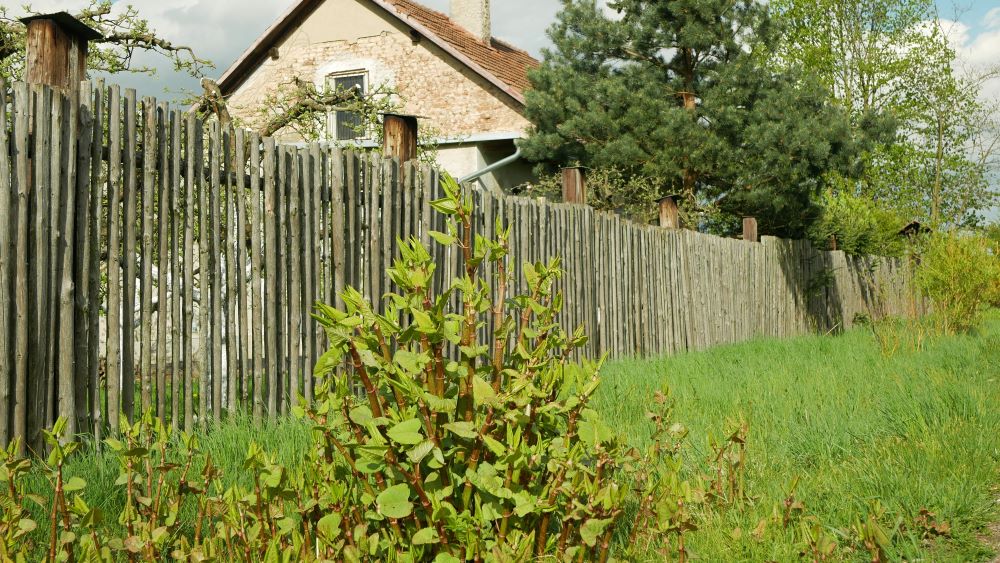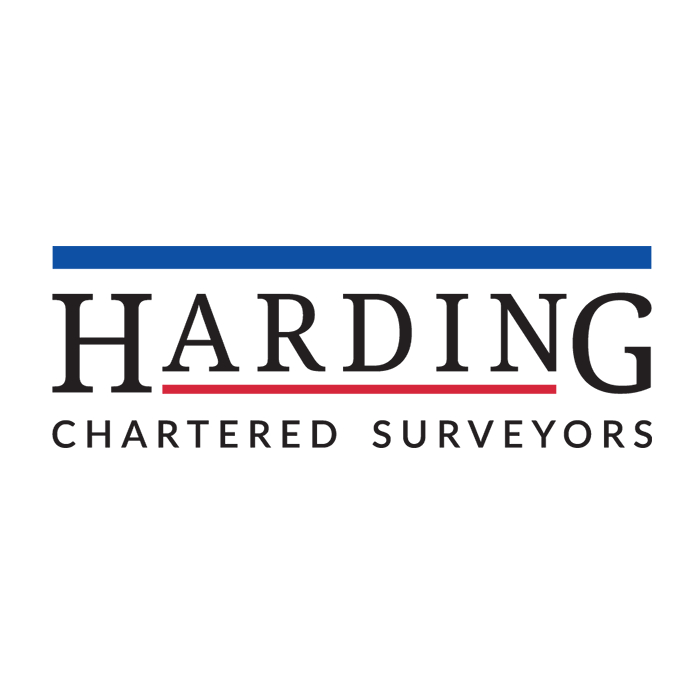Retrospective Property Valuation: A Detailed Analysis
Retrospective property valuation, also known as a backdated or historical valuation, is a service that provides an accurate estimate of a property's value at a previous date. This can be pivotal in circumstances such as probate, matrimonial disputes, or capital gains tax calculations, where precise valuation figures from a particular point in time are essential. This article explores retrospective property valuation's significance in various legal and financial scenarios.
Understanding Retrospective Valuation
Retrospective valuation is not just a random guess or an estimate based on inflation rates; it's a meticulous process carried out by experienced Chartered Surveyors who use historical data, local market trends, and their knowledge and expertise.
Why Opt for a Retrospective Valuation?
While there are multiple scenarios where a retrospective valuation might be necessary, the following are a few examples where it becomes indispensable:
- Probate Matters: To ascertain the estate's value, including any property, at the date of death for inheritance tax purposes.
- Capital Gains Tax: To calculate the capital gains tax due from the disposal of a property, you need to know its value at the time of purchase.
- Matrimonial Disputes: An accurate property valuation at the marriage date may be required to determine the division of assets during a divorce.
Retrospective Valuation Quote
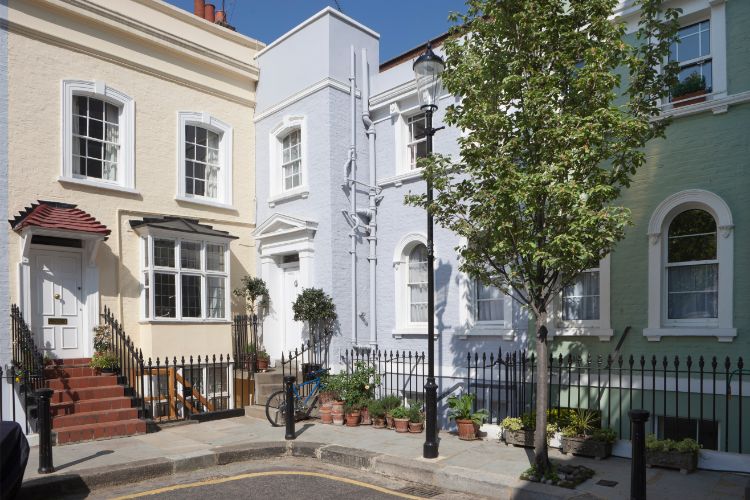
Rely on Experienced Chartered Surveyors
A retrospective valuation requires specialist knowledge and expertise to ensure accuracy. Therefore, engaging a Chartered Surveyor adept at carrying out these valuations is paramount and is regulated by the Royal Institution of Chartered Surveyors (RICS).
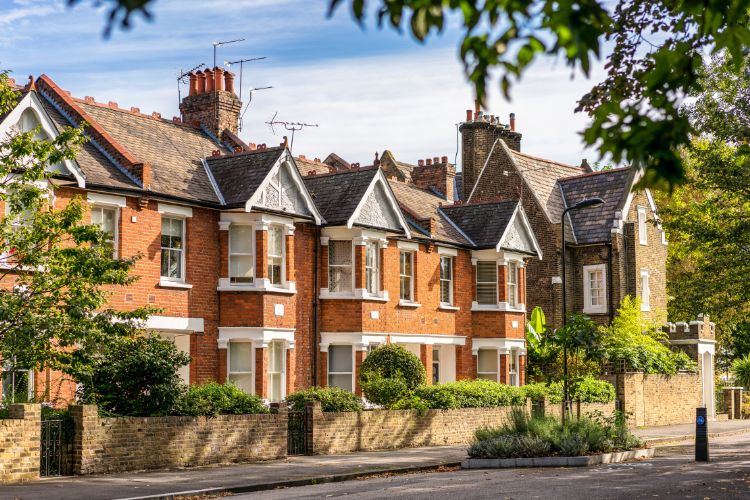

Process of Retrospective Valuation
Gathering Detailed Information
The process begins with gathering comprehensive information about the property in question. This could include its size, condition, location, and noteworthy features—any changes or improvements made to the property since the retrospective date will be carefully evaluated.
Analysing Market Trends
Once the surveyor completes the valuation, they will compile a detailed report. This report can be used as credible evidence in legal proceedings or for tax calculations.
Detailed Report
A chartered surveyor analyses property market trends prevalent at the retrospective date, considering the local and national factors that could have affected property prices.
Recent Reviews from Harding Chartered Surveyors
Conclusion
In conclusion, the process of a retrospective property valuation serves many purposes. It can prove indispensable for a wide array of reasons. From establishing the value of a property for Capital Gains Tax (CGT) purposes to resolving disputes, a retrospective valuation report is a highly accurate document when prepared by Chartered Surveyors. It gives an insight into the value of your property at a specific date in the past. It can be used to calculate potential tax liabilities.
These valuations may be necessary when dealing with probate or inheritance matters, where an accurate property value is required for Inheritance Tax (IHT) purposes. It may also be requested by lenders, for instance, when the property is collateral for a mortgage. They can be useful when you're looking to negotiate a lower price on a right-to-buy scheme or determining whether you need to register for Annual Tax on Enveloped Dwellings (ATED).
Retrospective valuations can also play a critical role in resolving disputes where the sale price of a property may be in question or where the property's value has significantly increased since you bought it. If you're a UK resident and need to establish the value of your property for taxation or disposal purposes, or if you're a client seeking to tailor your investment portfolio, a retrospective valuation is an indispensable tool.
For a retrospective valuation, it's essential to choose an expert team of RICS registered valuers, such as Chartered Surveyors, who can conduct this type of valuation. Whereas estate agents may provide an estimate, a retrospective valuation report from a chartered surveyor will backdate the value of a property to a specific date in the past, providing a clear, accurate, and detailed report that can stand up to scrutiny from the HMRC.
Whether for CGT, inheritance tax, portfolio building, or simply the need to know the value of your property at a certain past date, it is invariably useful to get a retrospective valuation. These reports can help you navigate UK tax laws, increase negotiation power, or fulfil a lender's requirement.
